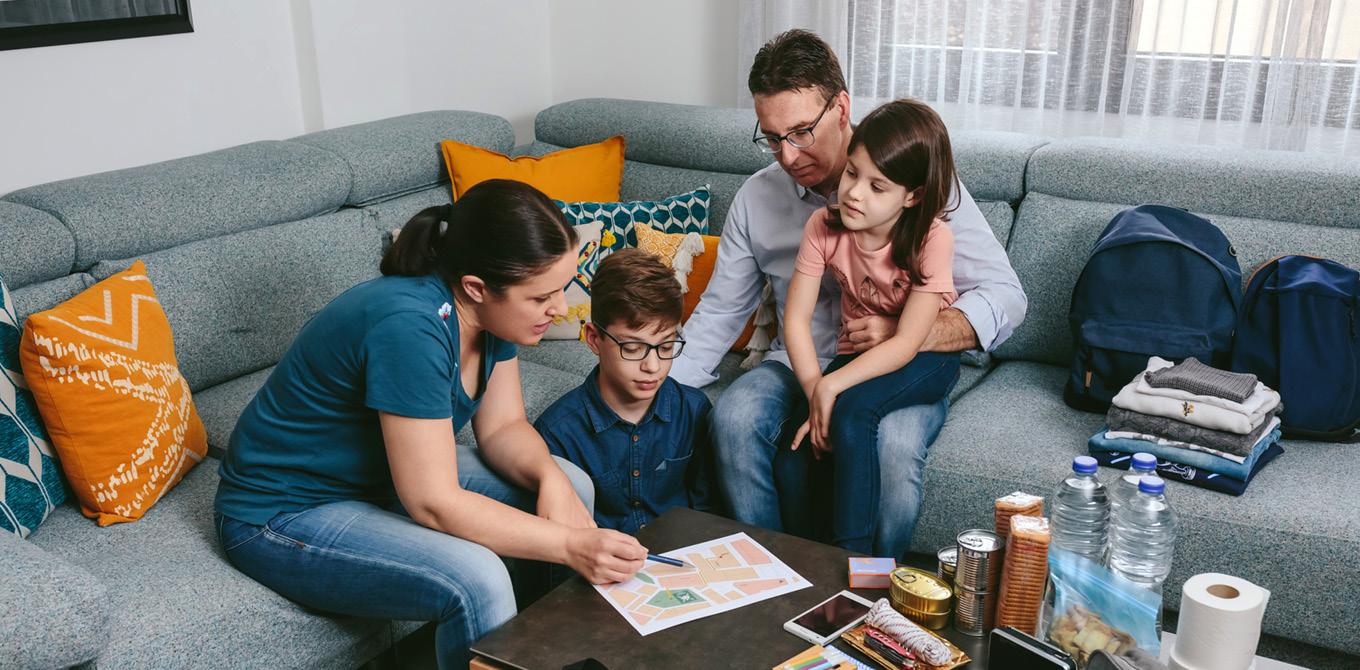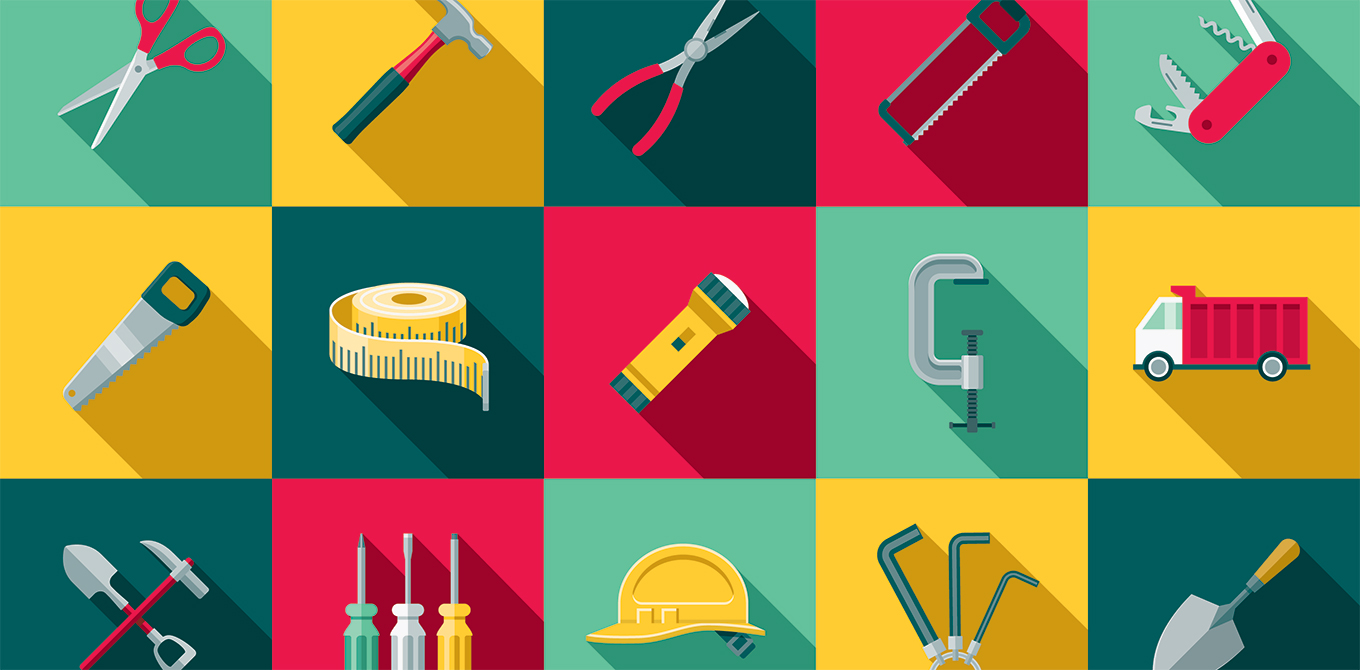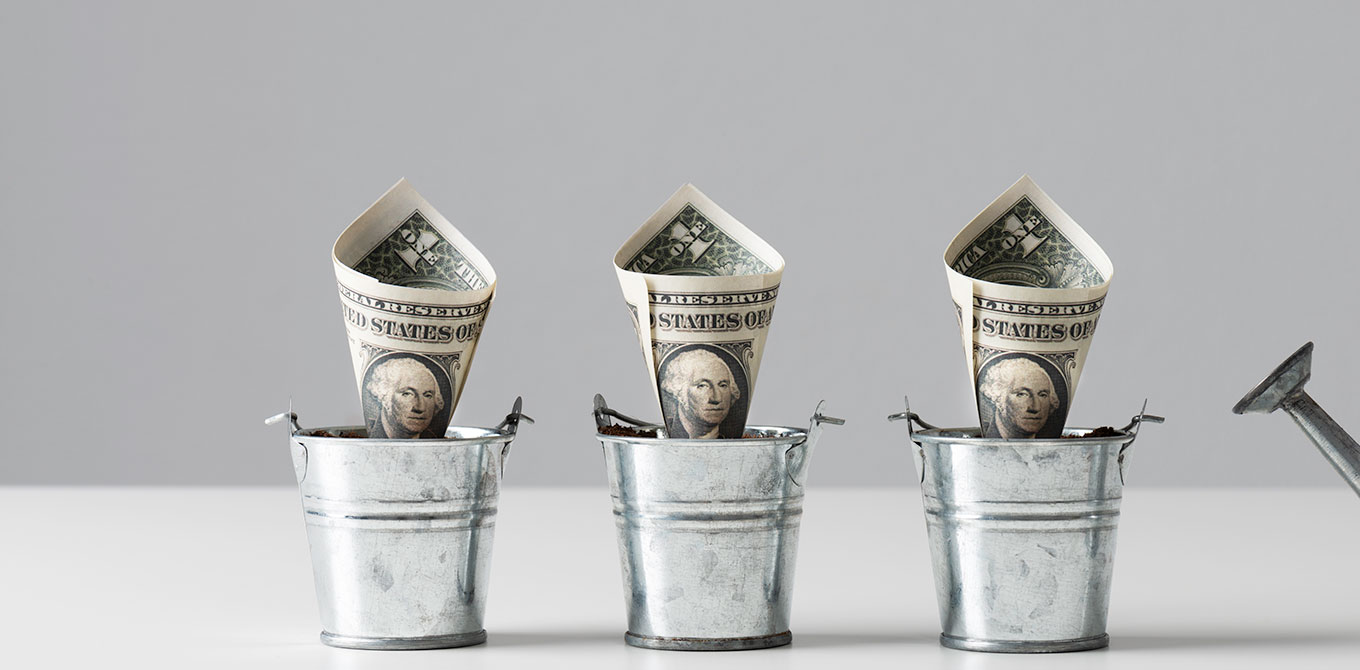6 steps to recover financially from a natural disaster
If you and your home have been involved in a natural disaster, shock, grief, and panic are normal reactions. Most likely, your first thoughts aren't about your finances, especially if your home has been damaged or destroyed in a weather event like a hurricane, tornado, fire, flood, or earthquake. However, once you've ensured your family's safety, promptly dealing with the financial aspects of the loss can help you feel more in control of an uncontrollable situation.
Below is a list of steps to take toward financial recovery. If the internet is down and communication is spotty and you’re unable to make contact, gather the necessary information so you can quickly deal with matters once you can log on or make a call.
1.File an insurance claim
Insurance companies tend to deal with claims on a first come, first served basis, so the sooner you file your claim, the better.
Before you contact the claims department, survey your property. Take photos of the inside and outside of your house. List damaged items, including when you purchased them, the price and manufacturer's name, if possible. You will need all of this information when you call the insurance company and the insurance adjuster visits. Include any vehicles in your assessment.
2. Apply for disaster assistance
If your community is declared a disaster area by the President, you might also qualify for federal disaster assistance. To see if you qualify, visit the Federal Emergency Management Agency (FEMA). Applying as soon as possible will put you at the top of the list.
The federal government has a number of disaster relief services. For instance, there is special assistance for farmers and students.
Some nonprofit agencies, such as the American Red Cross, offer assistance to disaster victims. They can also act as advocates. Since this is a highly emotional time filled with many decisions, it might make sense for you to reach out for assistance.
3. Report and replace lost documents
Check to see if you lost vital documents during the disaster, such as your driver's license, passport, social security card, title to your home, or credit cards. Report lost documents to the corresponding agencies and begin the process to replace them.
4. Access cash flow, bills, and debt
The disaster will likely change your financial direction for a time. You may need to tap your emergency savings fund, and your short-term savings goals, like a vacation, might be sidelined.
Given the expense involved in rebuilding after a natural disaster, it's a good idea to halt any unnecessary spending. If your home is uninhabitable, contact your utility companies so service can be temporarily suspended.
Call creditors and let them know what has occurred. You may be able to delay upcoming payments. Creditors are more likely to work with you if you call before bills are overdue.
5. Longer-term considerations
Continue to pay your insurance premiums and rent or mortgage. If your car was totaled, but you still owe on the loan, continue to pay that bill. Not keeping up on these financial obligations could result in negative marks on your credit rating.
6. Report your loss to the IRS
You may be able to deduct the losses you incurred during the disaster on your federal income tax. Deductions apply to losses that are the result of a weather event or accident. The losses can only be deducted if you file a timely insurance claim. Losses will be reduced by the amount of insurance reimbursement you receive.
Living through a natural disaster, especially one that turns your life and finances upside down, can be an overwhelming experience. Quickly taking steps to protect your finances and restore your way of life will allow you to take control of your circumstances and set you on a path to recovery.




